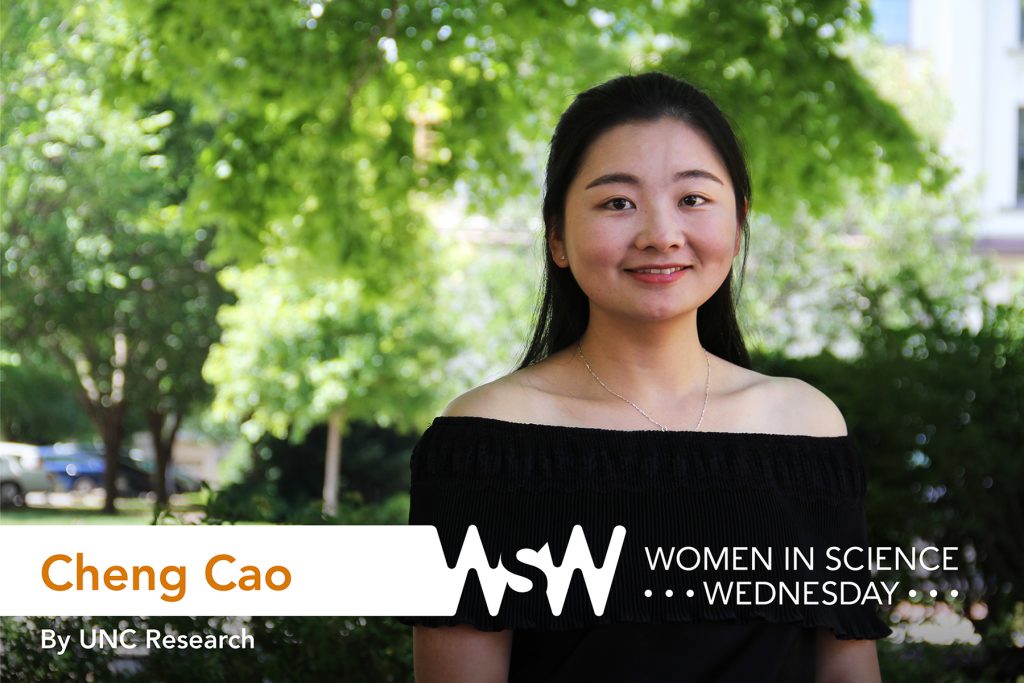The Mellon-funded Humanities for the Public Good initiative awarded 10 graduate students in the College of Arts & Sciences Professional Pathways Fellowships to focus on socially engaged summer public humanities projects. We asked three of the fellows to tell us about their summer projects in this back-to-school series.
Alexander Marsden (music) worked with Together Productions in London on the “Singing Our Lives” project, which brings together refugees to write songs about their experiences and to build intercultural bridges.

Q: What is your area of research focus?
A: My dissertation research focuses on music in refugee advocacy and support work in the United Kingdom. It asks how stakeholders in this field imagine the value of music as a tool of supporting or advocating for refugees.

Q: Can you briefly describe the scope of your summer project?
A: I worked with an organization called Together Productions on their intercultural music project, “Singing Our Lives.” This project brings together a number of community choirs from around London, including a couple of choirs run by refugee welfare charities, for collaborative song-writing workshops and performances. I worked with Together Productions to help produce a number of resources to help strengthen and extend the project, both in terms of securing future funding and reaching new audiences. Along these lines, for example, I helped document and record this year’s performances and rehearsals, in order to produce short promotional films. I also researched evaluation methods for intercultural community art projects, in order to develop an evaluation procedure for “Singing Our Lives,” which Together Productions can use to strengthen future funding bids.
Q: What did the fellowship allow you to do? How did financial support help the project?
A: This fellowship was crucial in allowing me to work closely with Together Productions. Together Productions operates on a tight budget, and the fellowship gave them the breathing space to focus on some important tasks that they could not otherwise prioritize in the day-to-day running of the project. Without the financial support that came with the fellowship, I would likely have had to take on other paid work over the summer.
Q: What are the public implications of this project? Are you producing a “product” that is based on the research?
A: While I’m not producing a public research-based “product” as such from this project, the work I’ve done with Together Productions this summer will hopefully help extend the “Singing Our Lives” project in the future. This might involve more public performances, more choirs getting involved and a larger digital presence for the project.

Q: What about public humanities work appeals to you?
A: The opportunity to share resources and skills with exciting creative projects and organizations outside of the academy.
Q: What’s next? How will you further integrate this into your teaching, research and service?
A: I’m going to continue to work with Together Productions over the coming months, for example by using the University Libraries’ Media Resource Center to produce short promotional clips for “Singing Our Lives.” Beyond that, this fellowship has been invaluable for my own research, for example, by giving me more of a first-hand insight into the funding and evaluation picture for small socially-engaged arts companies in the United Kingdom.
Q: What advice would you give to other students seeking to do public humanities work?
A: Don’t be afraid to cold call organizations to propose projects, especially if it’s a small organization, as was true in my case. They will more than likely be excited to have someone show an interest in their work and will be grateful for the offer of free labor!
Interview by Kim Spurr


